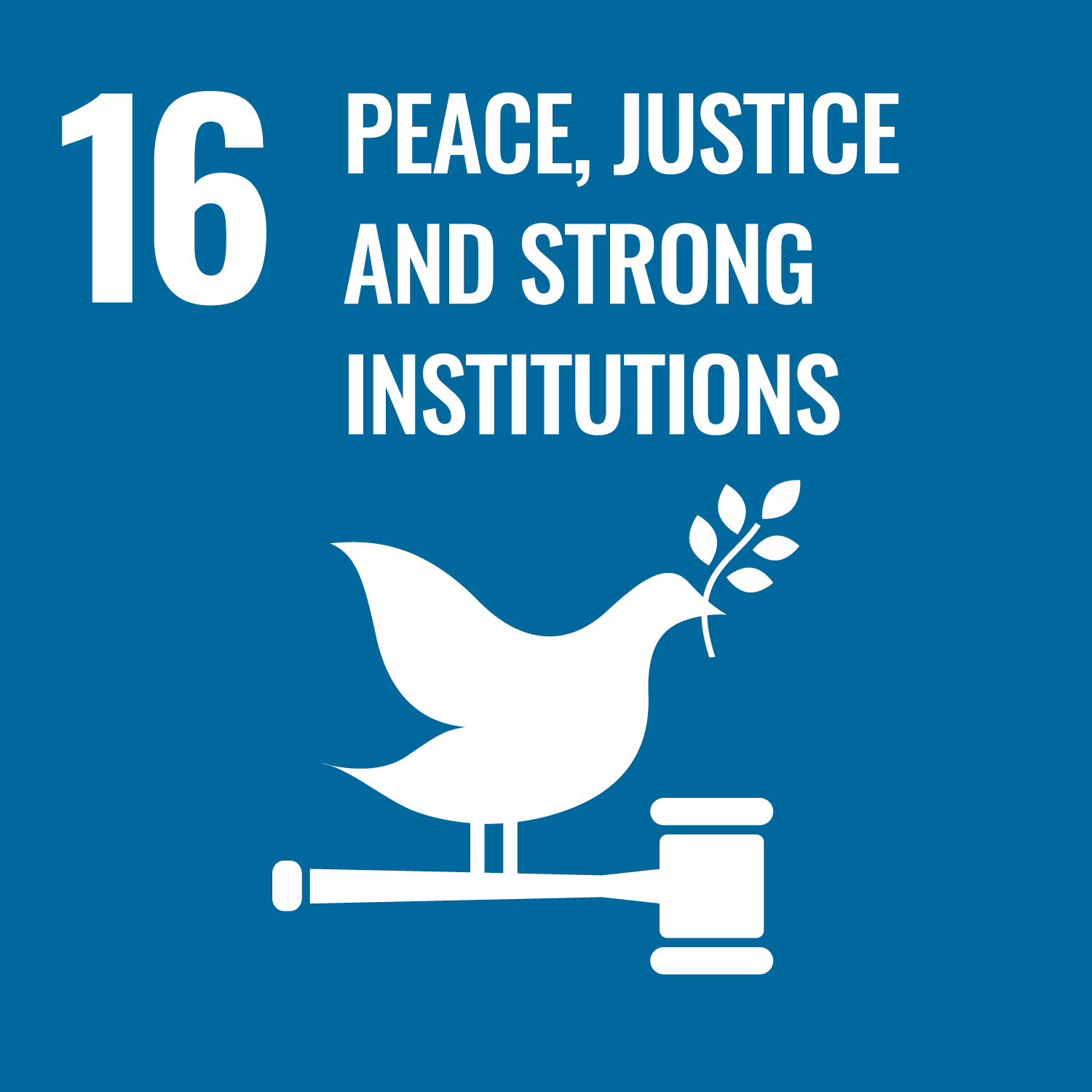Oklahoma Women in Recovery
Aligned SDGs

- Oklahoma Women in Recovery
- General overview
- Location
- Involved organisations
- Outcome metrics
- Other resources
- Spreadsheet of data
- Oklahoma Women in Recovery
- General overview
- Location
- Involved organisations
- Outcome metrics
- Other resources
- Spreadsheet of data
General overview
Stage of development: Implementation
Policy sector: Criminal justice
Start date of service provision: Apr 2017
Capital raised (minimum): USD 9m
Service users: 625 individuals
Intervention
The intervention is an intensive outpatient alternative to incarceration for eligible women facing long-term prison sentences for nonviolent,
primarily drug-related offenses. The intervention equips women with the skills they need to become productive members of society. The program works closely with the criminal justice system and multiple community partners.
Target population
Participants must be women with felony charges issued in Tulsa County. They must also be 18 years old or older with substance use disorders, prison-bound, and ineligible for other Tulsa County diversion programs.
Location
Country
- United States
Service delivery locations
- Tulsa County, Oklahoma, USA
Involved organisations
Commissioners/outcome payers
Service Providers
Investors
Intermediary organisations
Outcome metrics
- Reduction in incarceration of participants in DOC - program completion rate. Number of individuals who succesfully graduated from the program. FC&S performance and DOC incarceration data.
- Reduction in incarceration of participants in DOC - program recidivism rate. Number of individuals who avoided DOC custody 24 months after program start date. FC&S performance and DOC incarceration data.
- Reduction in incarceration of participants in DOC - program recidivism rate. Number of individuals who avoided DOC custody 36 months after program start date. FC&S performance and DOC incarceration data.
- Reduction in incarceration of participants in DOC - program recidivism rate. Number of individuals who avoided DOC custody 54 months after program start date. FC&S performance and DOC incarceration data.
Other resources
Spreadsheet of data
Important Notice and Disclaimer on INDIGO Data
INDIGO data are shared for research and policy analysis purposes. INDIGO data can be used to support a range of insights, for example, to understand the social outcomes that projects aim to improve, the network of organisations across projects, trends, scales, timelines and summary information. The collaborative system by which we collect, process, and share data is designed to advance data-sharing norms, harmonise data definitions and improve data use. These data are NOT shared for auditing, investment, or legal purposes. Please independently verify any data that you might use in decision making. We provide no guarantees or assurances as to the quality of these data. Data may be inaccurate, incomplete, inconsistent, and/or not current for various reasons: INDIGO is a collaborative and iterative initiative that mostly relies on projects all over the world volunteering to share their data. We have a system for processing information and try to attribute data to named sources, but we do not audit, cross-check, or verify all information provided to us. It takes time and resources to share data, which may not have been included in a project’s budget. Many of the projects are ongoing and timely updates may not be available. Different people may have different interpretations of data items and definitions. Even when data are high quality, interpretation or generalisation to different contexts may not be possible and/or requires additional information and/or expertise. Help us improve our data quality: email us at indigo@bsg.ox.ac.uk if you have data on new projects, changes or performance updates on current projects, clarifications or corrections on our data, and/or confidentiality or sensitivity notices. Please also give input via the INDIGO Data Definitions Improvement Tool and INDIGO Feedback Questionnaire.